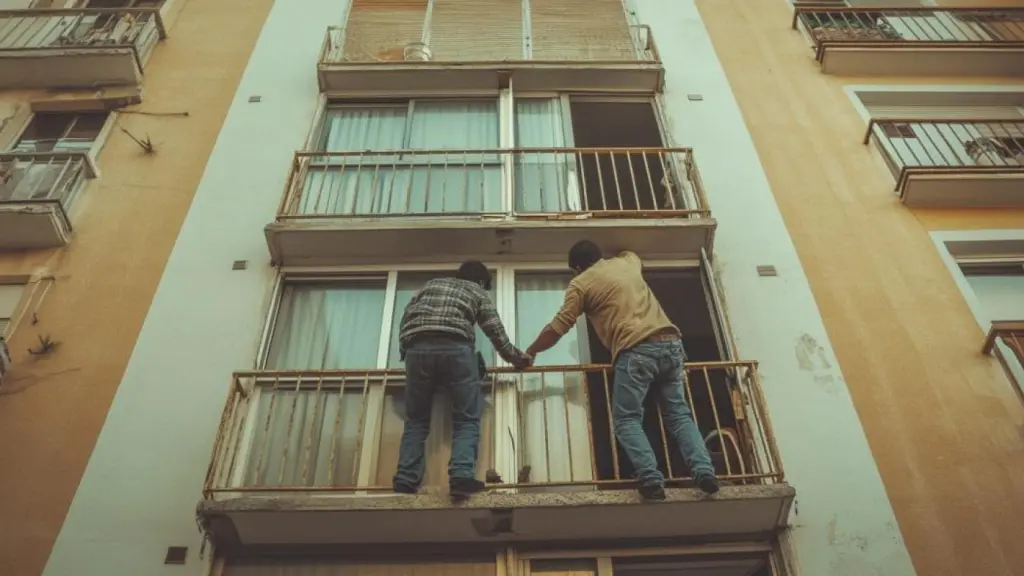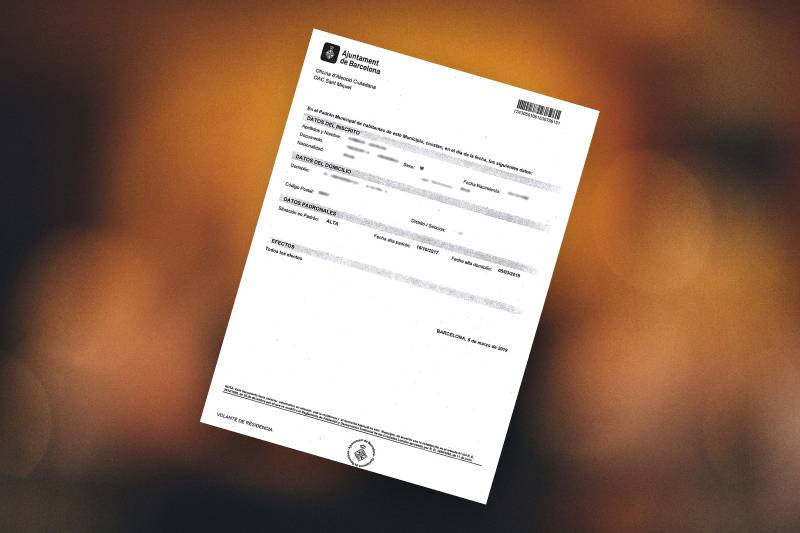Spain’s 2025 Law Against Okupas

Spain’s 2025 Law Against Okupas: A Game-Changer for Property Owners and Investors
In 2025, Spain introduced a long-awaited overhaul to its property laws, directly targeting the widespread issue of illegal home occupation by so-called “okupas.” For years, investors and homeowners—particularly those with vacation homes—have faced uncertainty and financial risk due to slow-moving legal processes and the persistence of organized squatting. The new legislation is a clear response to mounting concerns from both domestic and international stakeholders.

The most significant update? Speed. The law now enables police to evict illegal occupants within 48 hours, provided the property owner submits a complaint and presents proof of ownership. This is a dramatic improvement over the previous status quo, where property disputes dragged on for months, damaging investor confidence and eroding the sense of security for owners.
Under the old system, squatters and organized groups skillfully exploited legal loopholes, often with the support of advisors familiar with delaying tactics. The impact was not just financial—property owners, particularly expats and those with second homes, often experienced significant distress upon discovering their properties had been occupied, with little effective legal recourse.
The 2025 law draws a clear line between social vulnerability and criminal activity. While taking a hard stance against deliberate and organized squatting, the law also ensures that those genuinely in need are directed toward appropriate social housing solutions. The government’s message: support for the vulnerable will not come at the expense of private property rights.
Law enforcement now has explicit guidelines: once the owner provides the proper documentation—property deed, utility bills, or other records—police can take swift action without waiting on a judge’s decision. The objective is to return possession to the rightful owner in just 48 hours, offering a new level of certainty and protection for property investments.
In addition, the law increases penalties for repeat offenders and those involved in organized squatting. Stricter regulations now target the sale or rental of illegally occupied properties, closing off avenues previously used for illicit profit.
This legislative shift aligns with a broader change in public sentiment. Tolerance for squatting has diminished, especially as it began to impact ordinary families, retirees, and working professionals. Government action was inevitable as pressure from the public and the real estate sector intensified.
For investors and property owners, the reform is a welcome signal. International buyers—particularly in high-demand areas like the Costa del Sol, Barcelona, and the Balearic Islands—had started to withdraw from the market due to fears of squatting. With the new law in place, there are strong expectations for renewed interest and growth within Spain’s real estate sector.
While critics raise concerns that expedited evictions might impact vulnerable individuals, the government insists that social services will play a more active role in providing housing support, without undermining core property rights.
What steps should property owners take if they discover unauthorized occupants?
The new law streamlines the process:
- Do not attempt self-eviction, as this could result in legal complications.
- Immediately notify the police and clearly report the occupation.
- Prepare all relevant documentation: property deed, utility bills, and any proof of ownership or regular maintenance.
With this legislative reform, Spain is sending a strong message to property owners and investors: the rules have changed, and their interests are now a priority. For the real estate market, this marks a significant step forward in restoring confidence and security.
Want to learn more about how real estate market works in Spain? Contact us for more info.


